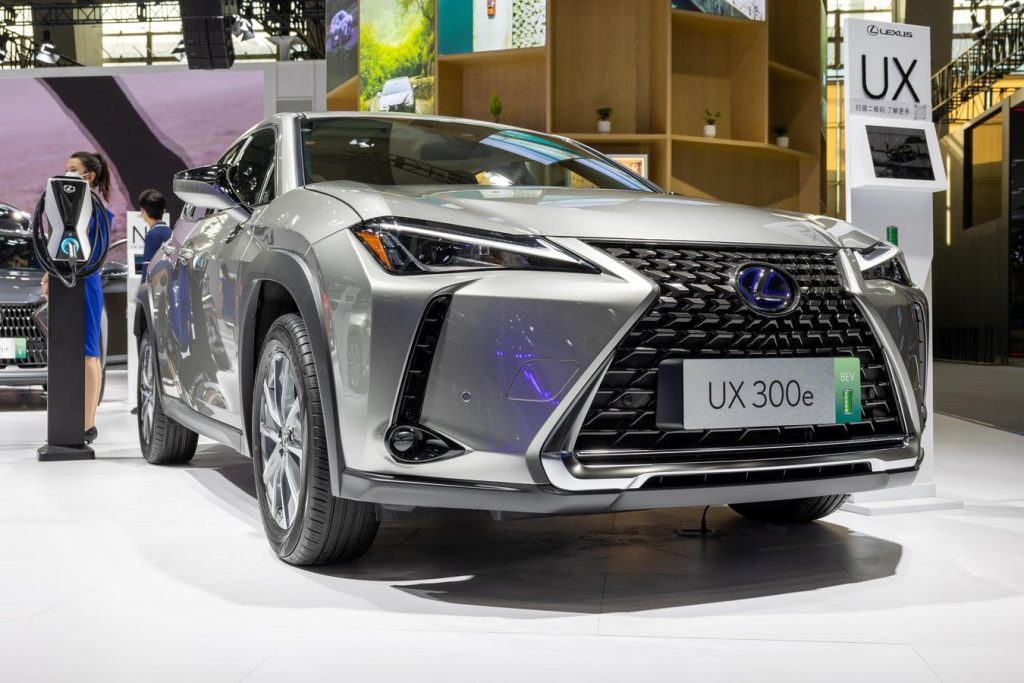Toyota’s latest financial results showcase the importance of timing in the automotive industry, particularly in the debate surrounding electric vehicles (EVs). While many competitors have shifted their focus to EVs in response to political pressure to reduce carbon dioxide emissions, Toyota has instead continued to invest in its successful hybrid models. The company’s strong hybrid sales have allowed it to capitalize on the lower demand for EVs, but Toyota acknowledges the need to enhance its EV offerings in the long run.
Amidst a trend of major automotive companies scaling back on their expensive EV initiatives due to oversupply issues, Toyota’s decision to concentrate on hybrids has proven to be a strategic advantage. Hybrids have been popular in markets like Europe and the U.S., where consumers are deterred by high EV prices and limited utility. Despite many manufacturers initially committing to end the sale of new combustion vehicles in the coming years, Ford Europe recently signaled a shift in strategy by stating they would continue selling ICE vehicles if there was public demand for them.
While Toyota’s recent financial results showed a significant increase in operating profit, the company anticipates a decline in the upcoming financial year due to increased investments in EVs. CreditSights, a Fitch solutions company, believes that Toyota has room for improvement in terms of its EV offerings beyond its current hybrid lineup. Although Toyota’s focus has been primarily on hybrids, the company plans to ramp up investments in EVs and fuel cell technology in the coming years.
Despite the forecasted drop in operating profit, Toyota’s success with hybrids has been a driving force behind its financial growth. The company’s expertise in hybrids and plug-in hybrids has paid off handsomely, particularly as EV demand has fallen in certain markets. However, Toyota’s strategic shift towards EVs is essential for maintaining its competitiveness, especially in markets like China where EV sales are on the rise. While Toyota’s electrified vehicle sales are expected to increase in the current financial year, they still account for a small percentage of the company’s overall sales.
Statista data shows that Toyota outsold its closest competitor, Volkswagen, in terms of global vehicle sales in 2023. Toyota’s success in the automotive market has been reflected in its share price, which nearly doubled over the past year. Despite facing challenges in the shift towards EVs, Toyota’s commitment to innovation and investment in new technologies positions the company well for future growth. Overall, Toyota’s financial results highlight the delicate balance between traditional strengths in hybrids and the evolving landscape of electric mobility in the automotive industry.













